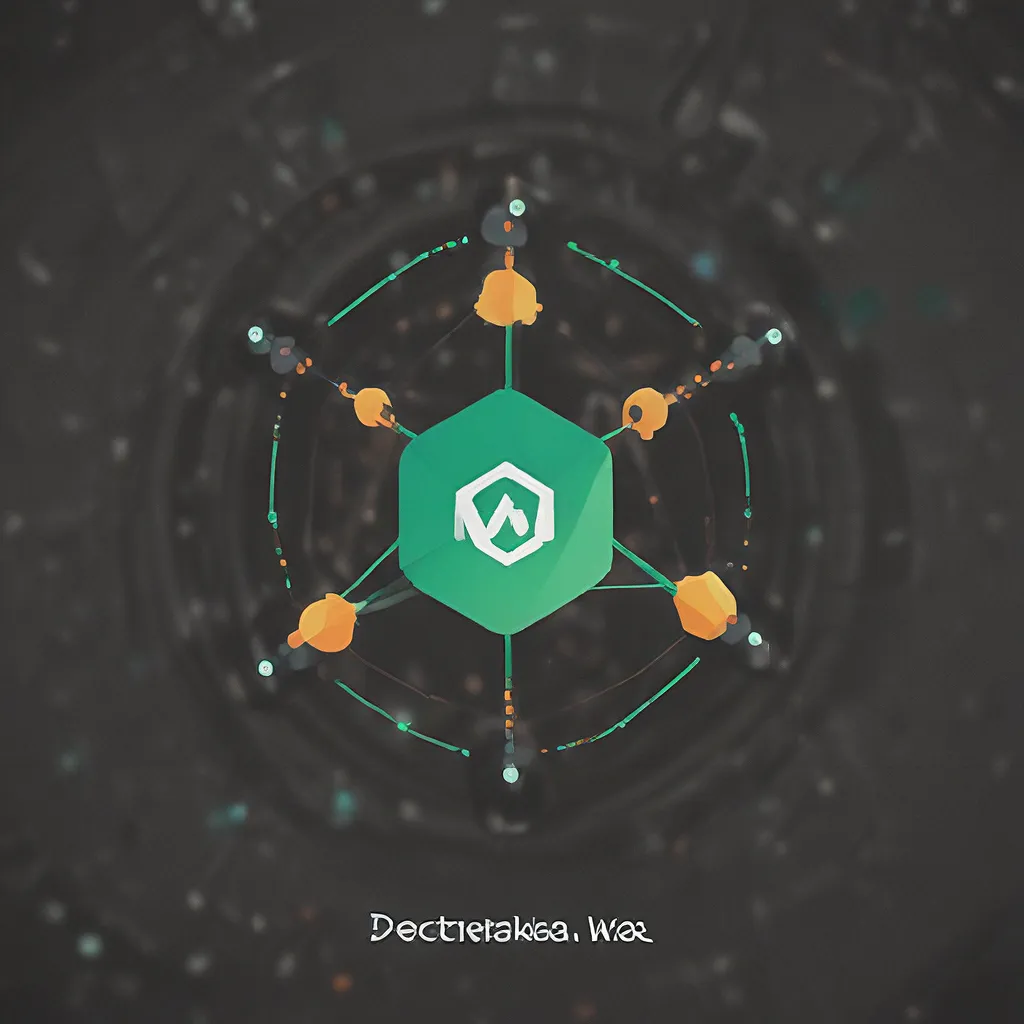
As an avid proponent of sustainable living, I’ve always been fascinated by the intricacies of wastewater treatment. It’s one of those unsung heroes of modern infrastructure, quietly working behind the scenes to ensure our communities have access to clean, safe water. But in recent years, a new approach has been gaining traction – decentralized wastewater treatment. And let me tell you, it’s got me positively giddy with excitement!
The Rise of Decentralized Wastewater Treatment
Traditional wastewater treatment plants are like the big, centralized hubs of the water world – handling the sewage and runoff from entire cities or regions. But as our populations have grown and our needs have become more complex, these centralized systems have started to show their limitations. Enter decentralized wastewater treatment, the scrappy upstart that’s challenging the status quo.
Decentralized systems are smaller, more localized treatment facilities that can be customized to the specific needs of a community or even a single building. Instead of funneling everything to a distant treatment plant, decentralized systems handle the wastewater right where it’s generated. It’s like having your own personal water purifier, just for your household or neighborhood.
And the benefits of this approach are mind-boggling. For starters, it reduces the strain on aging municipal infrastructure, which can save cities millions in costly upgrades and repairs. And by keeping the process closer to the source, decentralized systems can recycle and reuse far more of the water, reducing the overall demand on freshwater supplies.
But perhaps the most exciting aspect is the flexibility and innovation that decentralized systems enable. With smaller, more localized facilities, communities can tailor their wastewater treatment to their unique needs – whether that’s catering to water-scarce regions, protecting sensitive ecosystems, or even generating renewable energy from the waste. The possibilities are truly endless.
Decentralized in Action: Real-World Examples
To really get a sense of how this is playing out, let’s take a look at some real-world examples of decentralized wastewater treatment in action.
In the state of Washington, for instance, a small community called Orcas Island has embraced decentralized systems in a big way. Instead of relying on a centralized plant, they’ve installed a network of compact, modular treatment facilities throughout the island. These units use natural processes like constructed wetlands to purify the water, and they can even be designed to produce reclaimed water for irrigation or other non-potable uses.
But it’s not just rural areas getting in on the action. Even major metropolitan centers are seeing the benefits of decentralized treatment. Take New York City, for example – one of the most densely populated cities in the world. They’re exploring the use of small-scale, modular treatment plants to handle the wastewater from individual neighborhoods or even high-rise buildings. This not only reduces the strain on their aging central infrastructure but also allows for more localized water management and water reuse.
And the innovation doesn’t stop there. In arid regions like the Southwestern United States, decentralized systems are being designed to extract and recycle valuable resources from the wastewater, like nutrients for agriculture or even energy in the form of biogas. It’s a true win-win for the environment and the community.
The Future of Decentralized Wastewater Treatment
As exciting as these examples are, I can’t help but feel that we’ve only scratched the surface of what’s possible with decentralized wastewater treatment. The future is looking bright, my friends.
Innovative companies like Alpha Wastewater are pushing the boundaries of what these systems can do, integrating cutting-edge technologies like machine learning and Internet of Things to optimize performance and streamline operations. Imagine a world where your neighborhood’s wastewater treatment system can self-adjust based on real-time data, or even _communicate with your smart home_ to coordinate water usage and recycling.
And as research and development continue to advance, I can’t help but wonder what other game-changing breakthroughs are on the horizon. Could we see decentralized systems that produce zero waste, or even generate more energy than they consume? The possibilities are truly tantalizing.
Of course, as with any emerging technology, there are still challenges and uncertainties to overcome. Regulatory frameworks, funding models, and public acceptance will all play a crucial role in shaping the future of decentralized wastewater treatment. But if the ingenuity and passion I’ve witnessed so far are any indication, I have no doubt that the water innovators of the world will rise to the occasion.
So, my fellow water enthusiasts, buckle up! Because the future of wastewater management is about to get a whole lot more interesting. Who knows what amazing discoveries and clever solutions are just around the corner? One thing’s for sure – I can’t wait to see what unfolds.